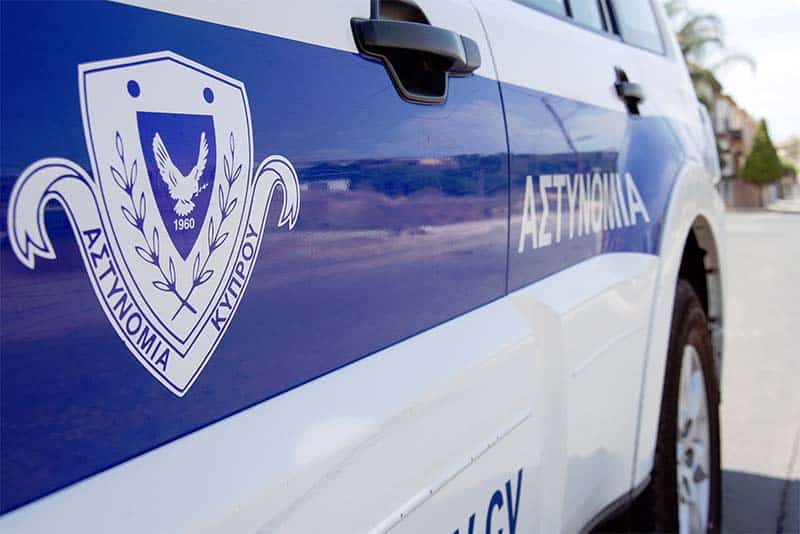At the end of 2019 the state set up a Team for the Evaluation of Suspect Foreigners on issues of Terrorism, police spokesman Christos Andreou said. He was responding to questions by Phileleftheros with regard to a report it had published on Sunday about the existence of a list with hundreds of names of people who had sought political asylum and were living in Cyprus.
The evaluation team is made up of officers from different police departments and it classes the suspects into three categories based on the type of information the authorities have. It draws information from state services such as the intelligence agency KYP, the Migration Department, police units, the counter terrorism office and the Interpol database. There are several hundred suspects on the list.
The report also carried examples of the activities each suspected terrorist was involved in. One allegedly visits Syria via the occupied area, “with the purpose of taking money for the support of terrorist organisation Isis.” Another received a phone call from a Turkish number “listed on Europol database as having links with terrorism.” One fought with al Nusra while another had videos of Isis executions on his phone….
While this makes for fascinating reading, the leaking of such classified information is not a good advertisement of the police’s professionalism. In most countries, the monitoring or surveillance of people suspected of involvement in terrorism is marked as highly-classified and it would never be made public. First, security forces would not want suspects to know they were on a watch-list and second they would not want to alarm the public. Cyprus, admittedly, has not been subject to terrorist attacks, but people would not feel safe thinking there were suspected terrorists roaming the streets.
State security services have an obligation to keep tabs on migrants suspected of involvement in terrorism and links to terror organisations, but this information should not be shared with the public. Nor should the police spokesman be making comments about this to the media, especially when there are no grounds to arrest and deport these suspects. We assume that if any of these suspects had been involved in terrorist activities here they would have been detained and charged or deported. As this has not happened, we can only deduce that the police do not have adequate evidence.
There is a possibility that the leak was made by the police in an attempt to counter the negative publicity the force and the chief have received for the ineffective way the anti-migrant riots in Chlorakas and Limassol were dealt with. But we cannot believe that the report about migrants linked to terrorism and the Turkish security forces could have been an attempt by the police to stir xenophobic sentiment.







Click here to change your cookie preferences